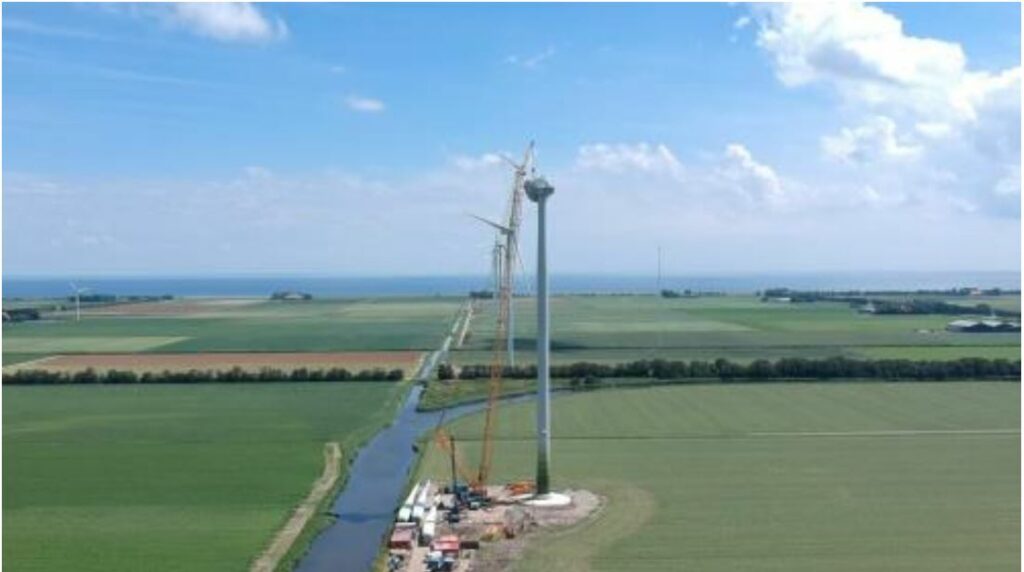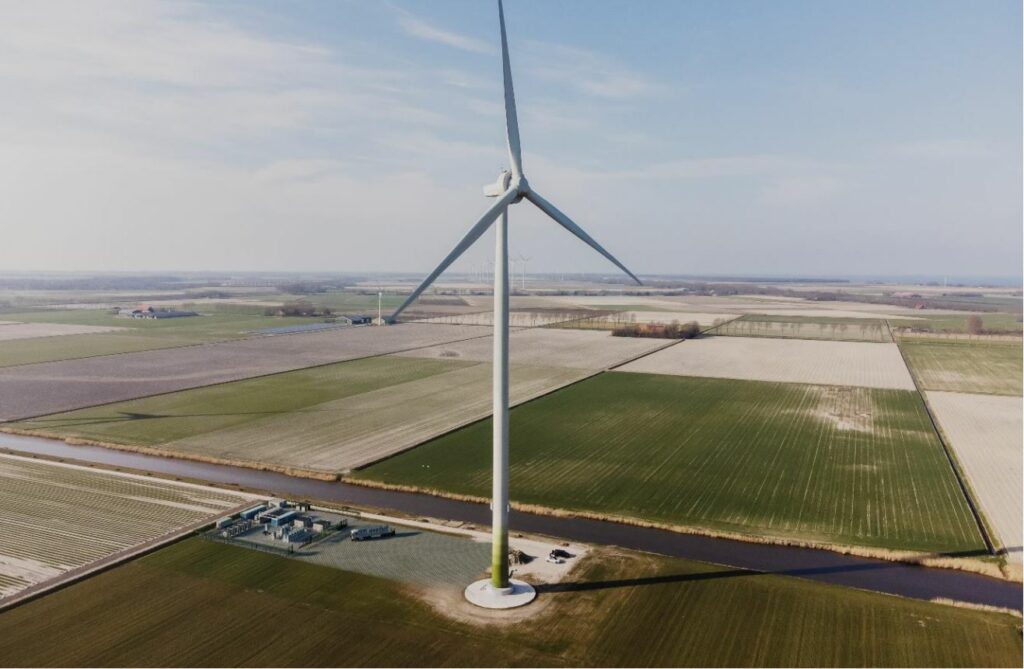Fieldlab Hydrogen in Agri has been underway for over a year now. In this project, we work with partners in practice on applications of hydrogen in the agricultural sector. Who are they? What is their role and what are their experiences? In a series of short interviews, we introduce the partners to you. In this episode: Victor Verbist of Hygro, builder of the hydrogen windmill.

1. What kind of company is HYGRO?
'HYGRO is a green hydrogen supplier that, thanks to a unique integrated chain approach, can optimally organize both the production and distribution of hydrogen. This enables HYGRO to offer green hydrogen at the right time, in the right place and in the right quantity at the lowest possible price. Since our foundation in 2016, we have been working on solutions that accelerate the energy transition.'
2. What is HYGRO's specific contribution to Fieldlab Hydrogen in Agri?
'Within the project, we are responsible for the energy and feasibility studies in work package 2. We analyze local generation and consumption profiles and design a hydrogen solution with the best economic return. This gives entrepreneurs insight into the amount of hydrogen that can be produced or consumed locally, what the system will look like and what the costs can be.'
'We are also investigating how these local hydrogen solutions can fit into the broader hydrogen network Duwaal, another project in which we are involved as HYGRO. In Duwaal we are working on a sustainable, cost-efficient distribution chain in which green hydrogen is produced by means of electrolysis directly in wind turbines. In this way we eliminate conversion steps and use affordable pipelines. A breakthrough in the economics of wind energy.'
3. Why are you participating in this project?
'Because Fieldlab Hydrogen in Agri enables us to test and adapt our technologies in an agricultural context. The project offers a unique opportunity to design hydrogen solutions that really have an impact, together with local entrepreneurs. Moreover, it is a step towards the realization of a broader, integrated hydrogen infrastructure, which is essential for a successful energy transition.'
4. What challenges do you face?
'Our biggest challenge is dealing with complex and often unclear policies when it comes to obtaining permits, which slows down the implementation of projects. A lack of clarity also applies to regulations. Think of the conditions of, for example, the delegated act for green hydrogen, electrical connection procedures, various subsidy schemes and the truck levy. Furthermore, the uncertainty surrounding the financing of new infrastructure plays a major role.'


5. What is your greatest success so far within this project?
'One thing we are very happy about is the development of advanced software for energy studies. This allows us to perform accurate analyses and design effective hydrogen solutions. We have already found two companies that are enthusiastically cooperating and have shared valuable information to start our studies. In any case, I am happy about the broad interest of companies that are eager to participate. This motivates us to scale up the project further.'